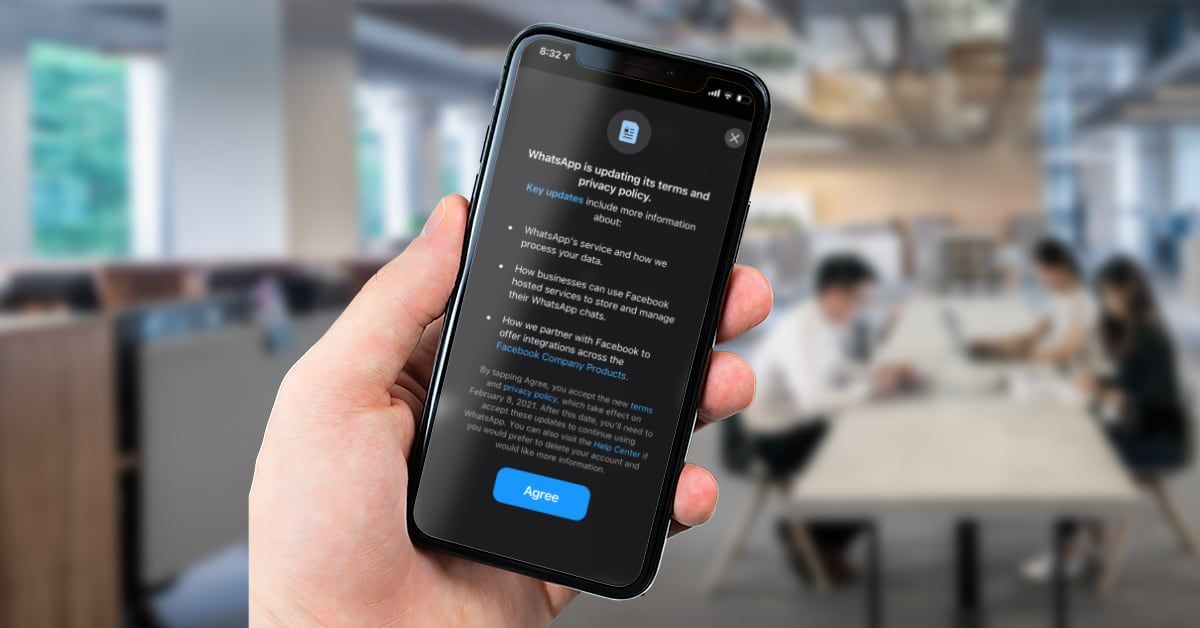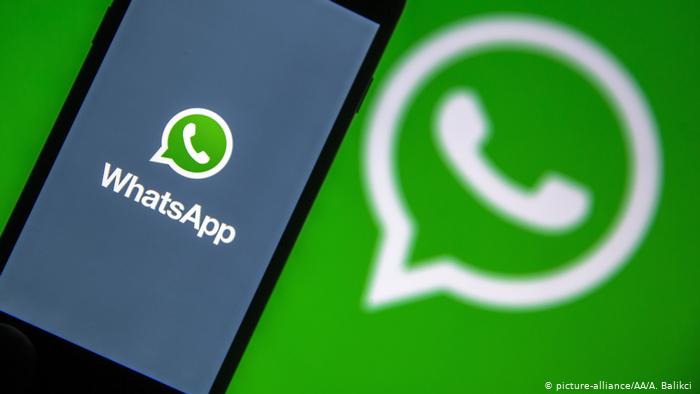If you're a WhatsApp user, you're probably one of those who have seen a pop-up from WhatsApp on their phones sometime within the last few days, suggesting that the service has updated its privacy policy. And, like most people, you promptly clicked the "Agree" button at the bottom to proceed.
However, had you read more closely, you would have learned that users have been allowed time until the 8th of February to read and agree to the new terms. The alternative? WhatsApp will delete your account. And you will then need to agree to the terms to reactivate your account.
With WhatsApp being clearly prepared to hold its over two billion users to ransom to agree to this new privacy policy, the policy change is definitely high-themed and insistent on integrating the app better with Facebook‘s family of products, so as to give room for increased interaction with businesses across Facebook-owned apps, and to gather users' financial data, probably towards learning how best to make Facebook's cryptocurrency, Libra, a globally accepted phenom.

The app will now collect a sizeable amount of metadata related to your account, such as your phone number, your profile picture, your usage patterns (features you use, groups you’ve joined, and status updates), and device data.
Furthermore, the company has added a section called “Transaction and Payments Data” to the privacy policy, seemingly in a push to sell Facebook‘s payment services to users.
Interacting with businesses
WhatsApp Business — the service that lets merchants communicate with regular users on the platform, using additional commerce features — has grown quite a bit in the last few years, with more than 50 million users. To expand this figure, the company will let businesses integrate other services into the chat app. So, as a part of that, third-party apps might be able to read your communication on behalf of the business you’re interacting with.

What You Can Do
If you wish to continue using WhatsApp, you will need to accept the new terms and conditions. If you do not wish to, however, you may follow WhatsApp's suggestion and delete your account.
If you happen to be one of those who have already accepted the new terms and conditions, but do not want WhatsApp to share their data with Facebook, or other businesses, you will have an additional 30 days to opt out and delete your account.
Besides switching chat activities to Telegram, the most popular alternative to WhatsApp, another viable alternative is Signal, a nonprofit-run encrypted messaging app, which was recently endorsed by world's current richest man, Elon Musk. The app has seen a surge in new users since Musk's recommendation, and that makes it an even more attractive alternative. You might want to note that Signal Messenger, LLC, the software organization that manages product development from Signal, was co-founded and funded by Brian Acton, the WhatsApp co-founder who has publicly criticized Facebook’s privacy practices.
What happens if you delete your account?
WhatsApp says that when you delete your WhatsApp account, your undelivered messages are deleted from its servers along with any of your other information it no longer needs to operate and provide its services.
However, if you wish to delete your account, remember to not only uninstall WhatsApp, but also to delete your account from WhatsApp. You do this by going to settings > Account and selecting ‘Delete my account’.
You can read WhatsApp‘s updated privacy policy here.


